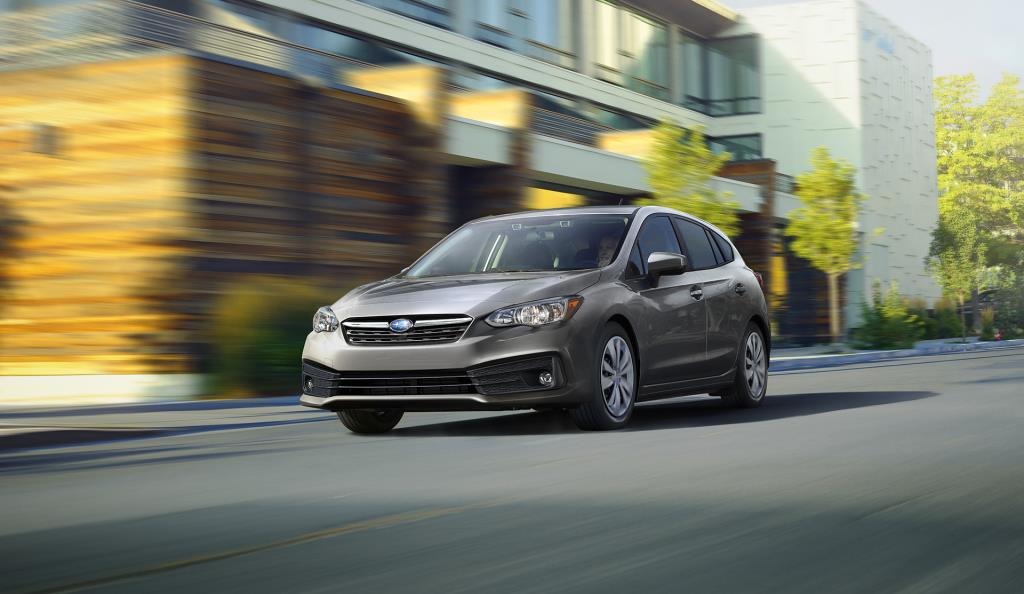When Michel Laforge bought his Subaru Impreza in 2023, he was sold on the vehicle’s crash-prevention technology.
But he’s come to doubt how safe it really is after his vehicle slammed the brakes for no apparent reason on five separate occasions.
“I wouldn’t get another vehicle that had this,” said Laforge, who lives in Sudbury, Ont.
The problem started a few months after he purchased the vehicle when he was driving back from Timmins, Ont., on Highway 144, an isolated two-lane road.

He was using adaptive cruise control, which allows the driver to set a certain speed.
A stereo camera system mounted behind the windshield monitors the road ahead and automatically adjusts the car’s speed to maintain a safe distance from other vehicles.
“I could see three kilometres in front of me,” said Laforge. “There wasn’t another vehicle in sight. It’s very remote.”
But the car braked suddenly, taking his speed from about 100 km/h to 60 km/h in a couple of seconds.
The braking stopped when Laforge tapped on the gas, but he couldn’t understand what triggered the system. It was a sunny day, there was no snow on the highway and the windshield was clean.
“Thank goodness there wasn’t a logging truck behind me,” said Laforge.
Initially, Laforge thought it was a fluke, but the braking episodes continued. Three others while adaptive cruise control was on — and one when it wasn’t.
The last time it happened, the vehicle would not stop braking.
“My only course of action was to steer and thank goodness I could because there was traffic behind us and I needed to get out of the way,” said Laforge.
…
Transport Canada is in the process of creating regulations around these systems.
But the Automobile Protection Association (APA) says the government doesn’t have a clear picture of what is going on because automakers are currently not obligated to pass on customer complaints about potential safety defects to Transport Canada.
The APA would like to see this made mandatory on at least a quarterly basis.
“We are overdue to have those rules put in place and we would like to see them as soon as possible,” said George Iny, the APA’s director.
…
Iny is concerned consumers who complain about an issue are often treated like hypochondriacs, especially if the problem can’t be duplicated.
If it results in an accident, the driver is at fault and it can be an uphill battle with the insurance company to prove that the car malfunctioned.
He recommends drivers install a dashcam so they have evidence of any future episodes.
“So as you are panic-braking on an empty stretch of road, randomly, at least the incident would be recorded and you can actually narrate on some of the systems,” said Iny.
“That has often been enough to tip the balance in favour of the consumer.”
